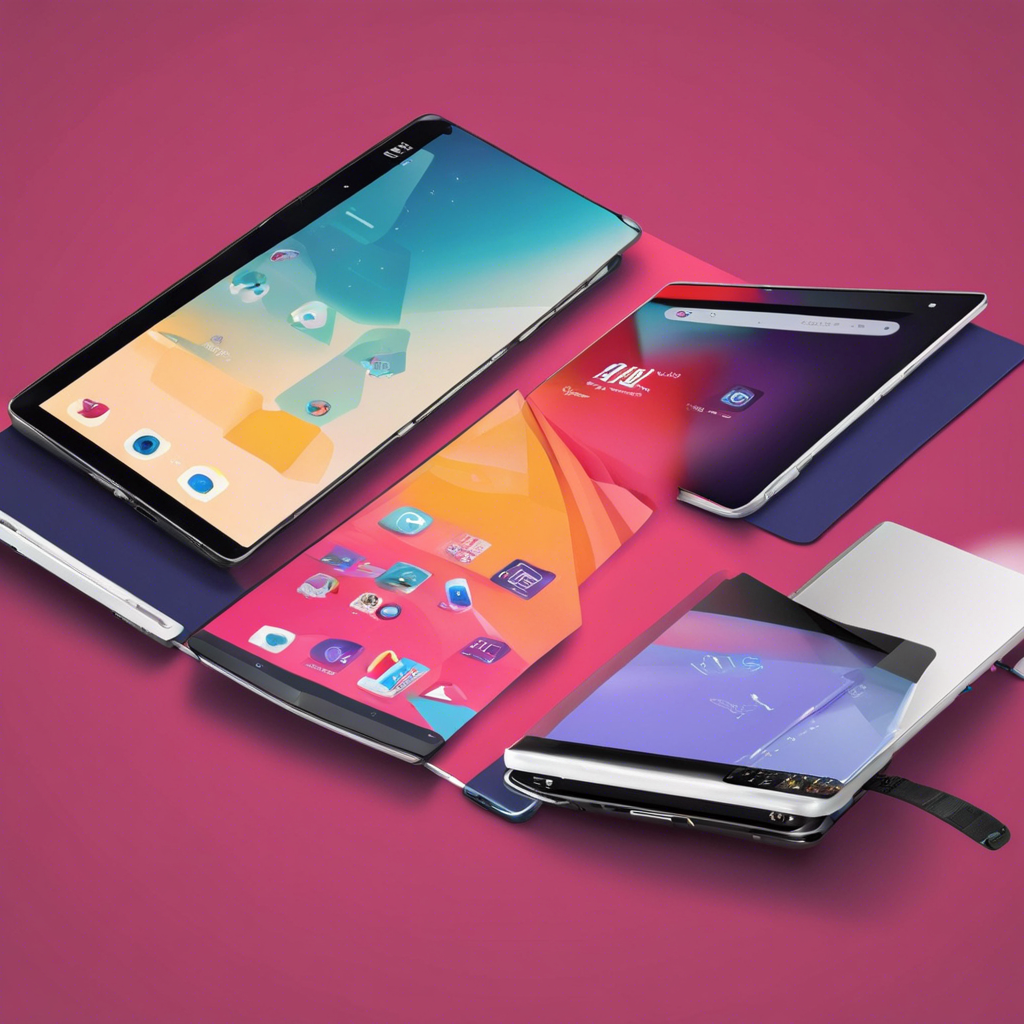The world of technology is ever-evolving, and the latest trend in mobile computing is no exception: foldable devices. Once a concept only seen in science fiction, foldable smartphones and tablets are now a reality, offering users a unique blend of portability and functionality. But are these innovative gadgets just a passing fad or the future of mobile computing?
Foldable devices offer a host of potential benefits to consumers. For one, they provide an unprecedented level of flexibility and adaptability. With a foldable screen, users can transform their device from a compact smartphone to a mini-tablet with a simple unfold, providing a larger display for tasks that require more screen real estate. This versatility appeals to consumers seeking a single device that can cater to multiple use cases.
The immersive experience of foldable devices is another significant advantage. The larger, uninterrupted displays offer a more engaging viewing experience for multimedia content, from watching movies and playing games to editing photos and designing presentations. The ability to have a tablet-like screen that fits in your pocket is a game-changer for mobile entertainment and creativity.
Another key aspect of foldable devices is their potential to enhance productivity. The ability to run multiple apps simultaneously across different panels or have a dedicated keyboard section when needed can revolutionize mobile productivity. With a foldable device, users can more effectively multitask, taking their mobile workflows to the next level.
